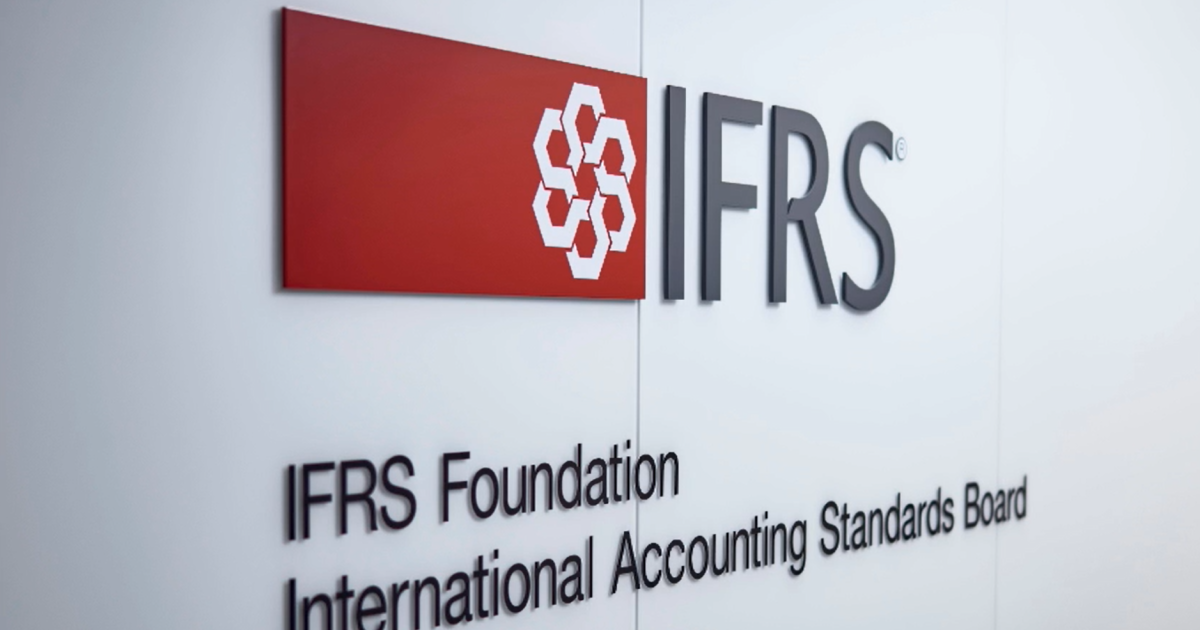Fell a little short; oh brother; only one hitch; and other highlights of recent tax cases.
Tacoma, Washington: The second of two Nigerian men residing in Canada who defrauded U.S. pandemic aid programs has been sentenced to 54 months in prison for wire fraud and aggravated ID theft.
Fatiu Ismaila Lawal was extradited from Canada last July and pleaded guilty in September. Lawal and co-defendant Sakiru Olanrewaju Ambali used the stolen IDs of thousands of workers to submit more than 1,700 claims for pandemic unemployment benefits to more than 25 states. The claims sought some $25 million, but the conspirators obtained some $2.7 million, primarily from pandemic unemployment benefits.
Lawal admitted that he submitted claims for $1,345,472. He submitted at least 790 unemployment claims using the stolen IDs of 790 workers and established four internet domain names that were used for fraud.
Between 2018 and November 2022, Lawal used stolen personal information to submit 3,000 income tax returns for $7.5 million in refunds. The IRS detected the fraud and paid just $30,000. The two conspirators tried to use the stolen American IDs for Economic Injury Disaster Loans, submitting some 38 applications. The Small Business Administration paid only $2,500.
Lawal and Ambali had the proceeds of their fraud sent to cash cards or to “money mules” who transferred the funds according to instructions given by the conspirators. They also allegedly used stolen IDs to open bank accounts and have the money deposited directly into those accounts.
Lawal, who received a substantial portion of the scam’s proceeds, was ordered to pay $1,345,472 in restitution. Ambali was sentenced to 42 months in prison last March.
Houston: Clothing business owner Philip Ogbeide has admitted making fraudulent and false statements on his federal returns.
Ogbeide signed false U.S. individual income tax 1040s from 2018 through 2022 to receive inflated, undeserved refunds. His returns included false entries claiming fraudulent itemized deductions and undeserved credits. He also omitted income from his clothing business and from the proceeds of a fraud scheme.
He admitted that because of the false deductions and unreported income, he owes the U.S. Treasury $166,929.
Sentencing is April 15. Ogbeide faces up to three years in prison and a $250,000 fine.
Washington, D.C.: A federal court has issued a permanent injunction barring tax preparer Chris Elmer, of Sacramento, California, from preparing federal returns for others after Oct. 14, 2010.
The permanent injunction also bars Elmer’s tax prep company, Associated Tax Planners Inc., and its principals (Elmer’s sons and son-in-law) from promoting a variety of improper tax schemes; it also requires Elmer to divest himself of his interest in Associated. Elmer and the co-defendants consented to the entry of the injunction.
The government’s complaint alleged that Associated repeatedly claimed false or inflated business deductions, many of which were allegedly claimed as business expenses of sham partnerships. The complaint also alleged that in many instances the defendants claimed purported partnership business losses on clients’ individual returns regardless of whether the customers had a partnership or other business.
The government asserted that the defendants often did not file a corresponding partnership return when their customers reported partnership losses on their individual returns or fabricated IRS tax ID numbers for the partnerships.
The terms of the order also require that any of the remaining defendants (other than Chris Elmer) who wish to continue to prepare returns for others must pass the IRS’s Enrolled Agent’s exam within three years. The injunction also provides for appointment of a neutral monitor to evaluate whether Associated is abiding by terms of the injunction.
LaPorte, Indiana: Raymond Calvin Smith and Bruce Milik Smith, brothers, have been sentenced after pleading guilty to federal felony charges.
Raymond Smith was sentenced to 70 months in prison and two years of supervised release. Bruce Smith was sentenced to 39 months in prison and two years of supervised release.
From about January to December 2021, the Smiths operated a scheme using Indiana mobile sports wagering applications. Using such personal information of victims as bank account numbers and passwords, they set up dozens of accounts in victims’ names on at least eight different wagering applications and funneled money from victims’ bank accounts to themselves.
The Smiths stole a total of $723,832.64 and unsuccessfully attempted to steal an additional $930,782. Both brothers pleaded guilty to the mail fraud; Raymond Smith also pleaded guilty to evading taxes on the proceeds he received in 2021.
The two brothers were ordered to pay $723,832.64 in restitution to the victims of their offense, and Raymond Smith was ordered to pay $162,928.62 in restitution to the IRS.
Montgomery, Alabama: Tax preparer Cynthia Lee Price, 50, of Cape Coral, Florida, has been sentenced to two years in prison for filing false returns, according to published reports.
News outlets said Price, who worked at No Limit Tax Pro in Montgomery, admitted to preparing fraudulent returns for herself and others from 2017 to 2022, resulting in illegal refunds. Price also reportedly falsified her 2021 return and inflated a client’s charitable contributions to increase the refund.
The total loss to the IRS reportedly exceeded $532,000.
After her prison sentence, Price will be on supervised release for a year and will pay a $15,000 fine along with restitution to the IRS, news outlets added.
Boston: Richard Cooper, of Billerica, Massachusetts, owner of a local paving company, has been sentenced to six months in prison for a multiyear income tax evasion scheme.
From 2017 to 2020, in addition to depositing customer payments into bank accounts in the name of his company, Rick Cooper Paving, Cooper also cashed more than $5.1 million in customer checks. When Cooper had his taxes prepared, he did not tell his preparer about the checks he was cashing, resulting in his returns underreporting the business’ gross receipts by millions. Cooper kept more than $1.1 million that he should have paid in federal and state income taxes.
Cooper, who pleaded guilty in October, was also sentenced to two years of supervised release and ordered to pay $989,819 in restitution to the IRS.
Gardner, Kansas: Business owner Marvin Vail has been sentenced to 17 months in prison for failing to forward more than $1 million in employment tax collections to the IRS.
As owner and operator of Marvin’s Tow Service, Vail failed to pay employment taxes for at least 23 calendar quarters from 2012 to 2017. IRS agents interviewed the office administrator for the company and were told Vail wouldn’t allow the administrator to pay the owed federal taxes.
Vail was also ordered to pay $1,512,283 in restitution to the IRS.


 Economics7 days ago
Economics7 days ago
 Economics7 days ago
Economics7 days ago
 Economics5 days ago
Economics5 days ago
 Finance7 days ago
Finance7 days ago
 Economics7 days ago
Economics7 days ago
 Blog Post5 days ago
Blog Post5 days ago
 Personal Finance5 days ago
Personal Finance5 days ago
 Finance5 days ago
Finance5 days ago











